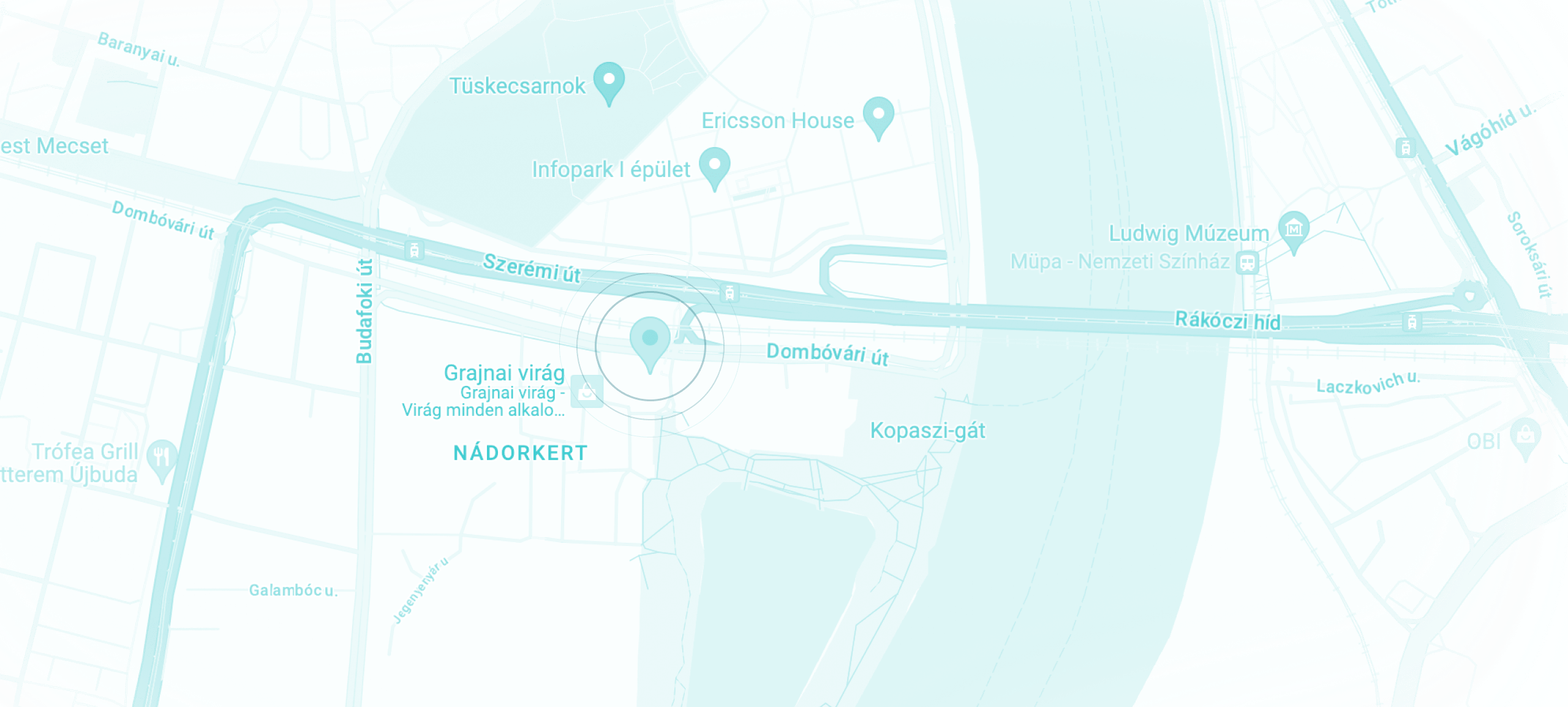
Banking in Hungary
These days, banking is made simple through online platforms and mobile phone apps. But how exactly does money transfer work in Hungary? What is IBAN, SWIFT, and OBA? Learn the basics of banking in Hungary from us.
These days, banking is made simple through online platforms and mobile phone apps. But how exactly does money transfer work in Hungary? What is IBAN, SWIFT, and OBA? Learn the basics of banking in Hungary from us.
Bank account numbers in Hungary
A Hungarian bank account number usually consists of 3×8 digits. Some banks, like OTP, use only 2×8 digits, though. If you are making a transfer and you are prompted to enter 3×8 digits but you have only 2×8, you can enter 8 zeros after the first 2×8 digits. In any case, when you are making a domestic transfer (within Hungary), you will probably need only these 3×8 digits.
When you are making a transfer that sends money into or out of Hungary, you will need additional data.
- For a transfer within the European bank system, you will need an IBAN code. The IBAN code of a Hungarian bank account is the same as the above mentioned 3×8 digits, but before them, you have 4 more characters: a country code and a bank ID. For example: for a transfer from the Netherlands to Hungary, you will need an IBAN code like HU88 12010154 0148 9274 0020 0007, where HU88 is the country code and the bank ID. If this was a domestic transfer, you could simply use the 3×8 digits as the bank account number.
- For a transfer from or to outside the European bank system, you will need a SWIFT or BIC code. This is the international ID of the bank, which you should indicate together with the bank account number. For example: UBRTHUHB – This is the SWIFT / BIC code of the bank of Helpers Hungary, which is also indicated on our invoices, so it is there if you send money e.g. from the USA.
Some banks ask for an IBAN and/or a SWIFT/BIC code even for domestic transfers. If you do not have these data, you can try and skip the prompt (it is sometimes possible), ask the recipient to provide these data, or use a website like https://www.ibancalculator.com/ to look them up.
Data required for a money transfer
Normally, to make a transfer through your bank, the most important thing you need is the bank account number (sometimes complete with SWIFT/BIC or IBAN codes), complemented by the name of the recipient. Since 2020, however, you can also send domestic transfers without the account number, through the secondary identifier of your recipient, which can be their email address or their phone number. For that, your recipient should activate this option at their own bank, and renew it every year.
There is also an option for adding additional data to your transfer in a comment field (called “Közlemény” in Hungarian). If you are paying an invoice with a money transfer, you are usually required to add the invoice number here; when you are paying taxes, you are supposed to indicate your Hungarian tax number here.
How fast is money transfer in Hungary?
If you are transferring HUF between Hungarian bank accounts, these days the transfer usually takes just a few minutes, even outside banking hours (which is regularly Monday-Friday, 8 am – 6 pm). However, when you are transferring other currencies or you are making an international transfer, you should expect a delay of 1-2 working days. If you are transferring more than EUR 10,000, your transfer might take up to 3-5 working days to complete. You should keep this in mind if you are making payments with a strict time limit, e.g. paying utilities, lest your service should be discontinued.
How much does banking in Hungary cost?
Banking fees in Hungary show a wide variation. They are affected by many factors, including whether it is a retail or a corporate account, the volume of incoming and outgoing payments, the type and number of credit and debit cards you want, etc. Before choosing a bank and a plan, you should consider how you want to use your bank account, and select a plan that offers the most cost-effective solution for those functions.
Please note: In Hungary, most retail bank accounts are debit accounts. Even if you have some credit set up, it is normal to receive your paycheck and spend the money you actually have (vs. the USA where it is normal to spend from credit and top up your account to zero with your paycheck – there are also plans like that, but if you fail to top up your account on time, you should expect penalties).
Another significant contributor to banking fees is the transaction tax. Transaction tax is between 0.3-0.6% of the transferred sum, and banks must pay it after almost every transaction (see exceptions below). Most banks simply pass on these costs to customers (in which case they are indicated either itemized on your bank statement or integrated in your monthly fees), but not always, which can lead to significant differences between the banking costs of different banks, or the different plans within the same bank.
Transactions are exempt from transaction tax if:
- the sender is natural person (retail account) and the sum is below HUF 20,000 (ca. EUR 55)
- it is between your own accounts at the same bank
- you are a natural person (retail account) and you are buying bonds from the Hungarian Treasury
- it is a transfer to a SZÉP Card
- it is a cash withdrawal under HUF 150,000 (ca. EUR 400) (as a natural person, every month you are allowed to withdraw cash from one bank account up to HUF 150,000, at most in two instalments)
How safe is banking in Hungary?
In Hungary, every bank deposit is automatically insured by the Hungarian National Deposit Insurance Fund (Országos Betétbiztosítási Alap or OBA for short) up to the value of EUR 100,000 (ca. HUF 37,000,000). The insurance applies to personal and corporate accounts alike. If something happens to a bank (like in the case of Sberbank), both individuals and businesses will get their money back up to the insured amount.
Need help or want to learn more?
Helpers Hungary offers a wide range of services to foreigners starting a business in or moving to Hungary, including assistance with bank account opening. Our expert team has more than 15 years of experience caring for the things that matter to you, and we would be happy to assist you. Do you have any questions? Read our other articles on banking in Hungary, or fill in the form below to contact us today.
>> Corporate bank accounts in Hungary
Kapcsolat
Írjon nekünk!
Hétfő – Péntek
9:00 – 17:00
Helpers Hungary Kft.
Budapart Gate
Dombóvári út 27.
Budapest, 1117 Hungary
Irodánk a 2. emeleten található, és az „A” bejárat felől érhető el.






